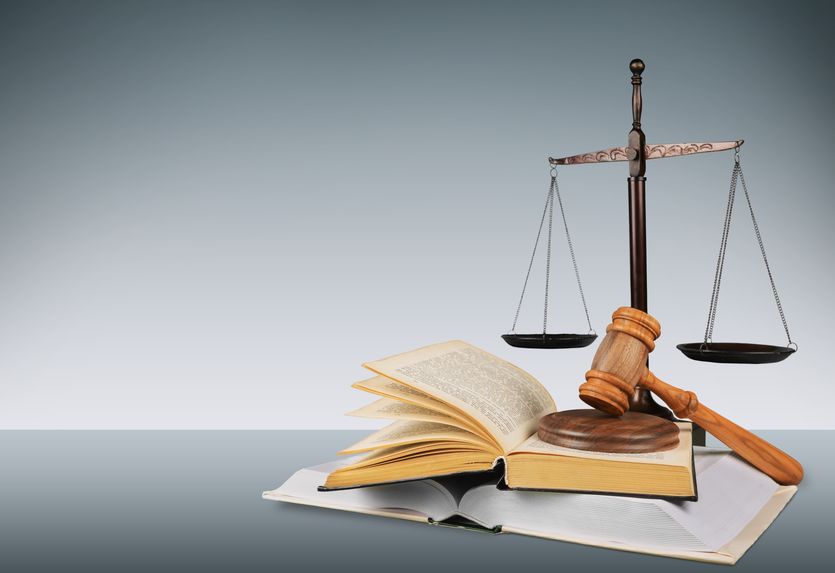The Torah portion of Shoftim describes the judges that should be appointed and the importance of establishing a just justice system. In Deuteronomy 16:18, the Torah emphasizes the need for righteous judges who will render fair judgment, without bias or corruption, and ensure that the law is maintained in accordance with the principles of the Torah.
For the Jewish people, this commandment is a cornerstone. The appointed judges are expected to be people of integrity, wisdom, and deep knowledge of the Torah, who guarantee that their rulings will conform to divine principles. All this applies to Noahides as well. This commandment has a direct application to the commandment of the Gentiles to establish courts. This requires the establishment of a legal system that upholds the seven laws of Noah, which are universal principles given by G-d to all mankind. These laws serve as an infrastructure for a moral and just society, and the establishment of courts is essential for their enforcement.
Noahide courts have a crucial role in promoting morality in the world. These courts have the ability to create a society aligned with divine will and wisdom. The responsibility of the courts is not only in punishing criminals, but also in educating, warning, and guiding the community to observe the seven commandments.
A judge in a Noahide court must be a G-d-fearing person, deeply committed to justice, and familiar with Noah’s seven laws and their basic principles. This requires a thorough understanding of the relevant scriptural sources, interpretations, and legal interpretations developed over hundreds of years. Such a judge must be dedicated to upholding these laws, ensuring that their rulings reflect the moral and ethical teachings that these laws are meant to convey. We can see what happens on a global scale when the court system lacks the alignment to G-d’s will; it might generate chaotic results.
The obligation to establish Noahide tribunals fits into a broader context. They serve the purpose of creating a society that honors G-d’s will, promotes morality, and ensures that justice prevails. By appointing righteous judges who are committed to these principles, we can initiate a positive process for a world that reflects the divine order, where every individual receives fairness and respect, and where justice is preserved in every aspect of life.
*This is from a series of articles by Rabbi Bernstein Moshe.




